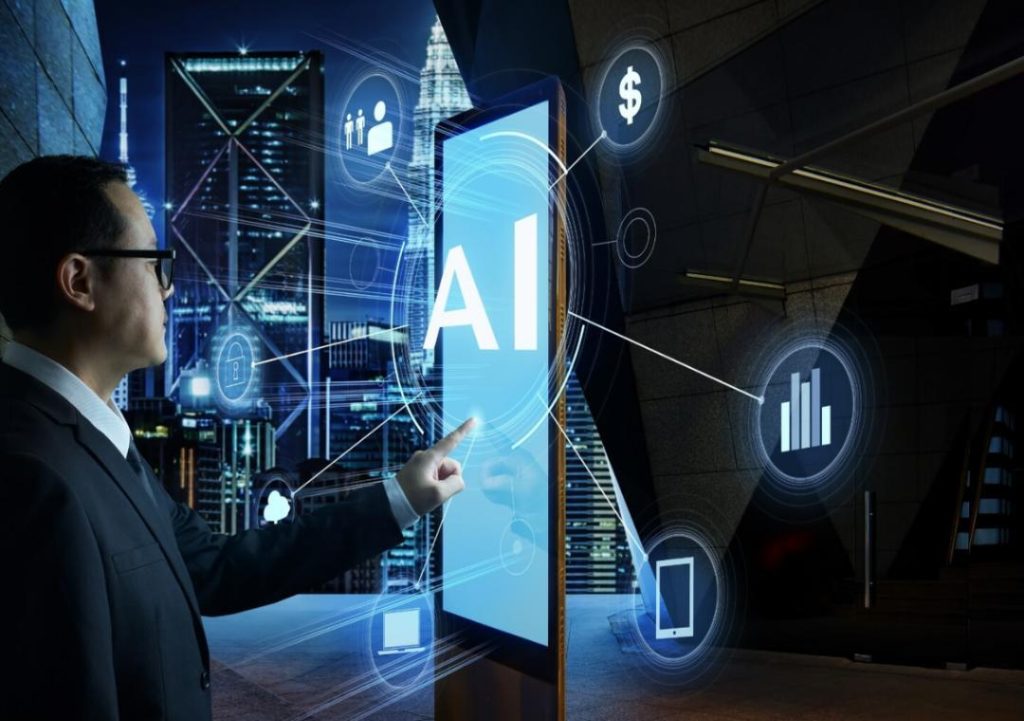
AI & ML now power over 77% of business processes
In today’s digital-first world, Artificial Intelligence (AI) and Machine Learning (ML) are no longer futuristic concepts – they’re operational essentials. According to a recent report, over 77% of enterprises now use AI/ML to improve productivity, reduce costs, and personalize user experiences. The shift isn’t optional; it’s fundamental to staying competitive in a rapidly evolving business landscape.
From automating customer support to real-time fraud detection, AI/ML is revolutionizing the way businesses operate. By leveraging these technologies, organizations can streamline processes, gain valuable insights, and make data-driven decisions. In this blog post, we’ll explore the importance of AI/ML in today’s business environment and examine some practical applications that are driving success.
What is AI and ML?
Before we dive into the implications of AI/ML in business, let’s quickly define what these terms mean. AI refers to the development of computer systems that can perform tasks that typically require human intelligence, such as visual perception, speech recognition, and decision-making. ML is a subset of AI that enables machines to learn from data and improve their performance over time.
Why is AI/ML important in business?
The importance of AI/ML in business cannot be overstated. Here are a few key benefits that are driving widespread adoption:
- Improved Productivity: AI/ML can automate repetitive and mundane tasks, freeing up human resources to focus on higher-value activities. This can lead to significant productivity gains and cost savings.
- Enhanced Customer Experience: AI/ML-powered chatbots and virtual assistants can provide personalized support to customers, improving their overall experience and increasing customer satisfaction.
- Real-time Insights: AI/ML can analyze vast amounts of data in real-time, providing businesses with valuable insights that inform decision-making and drive growth.
- Fraud Detection: AI/ML-powered systems can detect fraud and anomalies in real-time, reducing the risk of financial losses and improving overall security.
- Cost Savings: AI/ML can help businesses reduce costs by optimizing processes, improving supply chain management, and identifying areas of inefficiency.
Practical Applications of AI/ML in Business
AI/ML is being used in a wide range of business applications, from customer service to finance and beyond. Here are a few examples:
- Automated Customer Support: AI-powered chatbots are being used to provide 24/7 customer support, answering common questions and resolving issues in real-time.
- Real-time Fraud Detection: AI/ML-powered systems are being used to detect fraudulent transactions and prevent financial losses.
- Predictive Maintenance: AI/ML is being used to predict equipment failures and schedule maintenance, reducing downtime and improving overall efficiency.
- Personalized Marketing: AI/ML-powered systems are being used to analyze customer data and provide personalized marketing recommendations.
- Supply Chain Optimization: AI/ML is being used to optimize supply chain management, predicting demand and ensuring that products are delivered on time.
The Future of AI/ML in Business
As AI/ML continues to evolve, we can expect to see even more widespread adoption across industries. Here are a few predictions:
- Increased Use of Edge AI: As the amount of data generated by IoT devices continues to grow, we can expect to see more use of edge AI, which enables AI processing at the edge of the network.
- More Human-AI Collaboration: As AI becomes more ubiquitous, we can expect to see more human-AI collaboration, with humans and machines working together to solve complex problems.
- Widened Adoption in Emerging Markets: As AI/ML becomes more affordable and accessible, we can expect to see wider adoption in emerging markets, where digital transformation is still in its early stages.
Conclusion
AI/ML is no longer a futuristic concept – it’s an operational essential for businesses looking to stay competitive in a rapidly evolving market. By leveraging these technologies, organizations can improve productivity, reduce costs, and personalize user experiences. As AI/ML continues to evolve, we can expect to see even more innovative applications across industries. Whether you’re just starting to explore AI/ML or already reaping the benefits, one thing is clear – the future of business is AI-powered.
Source:
https://www.growthjockey.com/blogs/what-is-ai-and-ml-how-is-it-important






